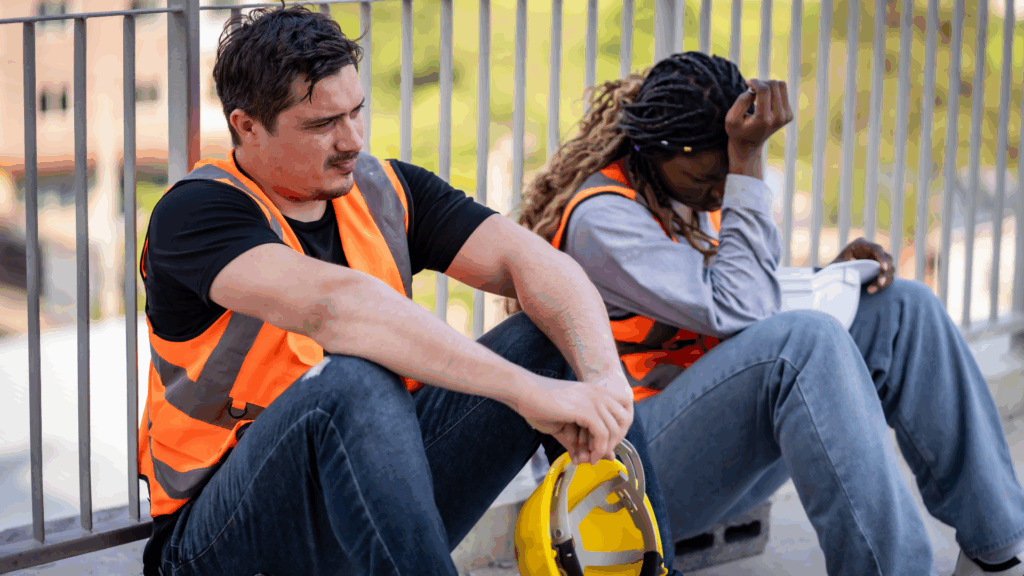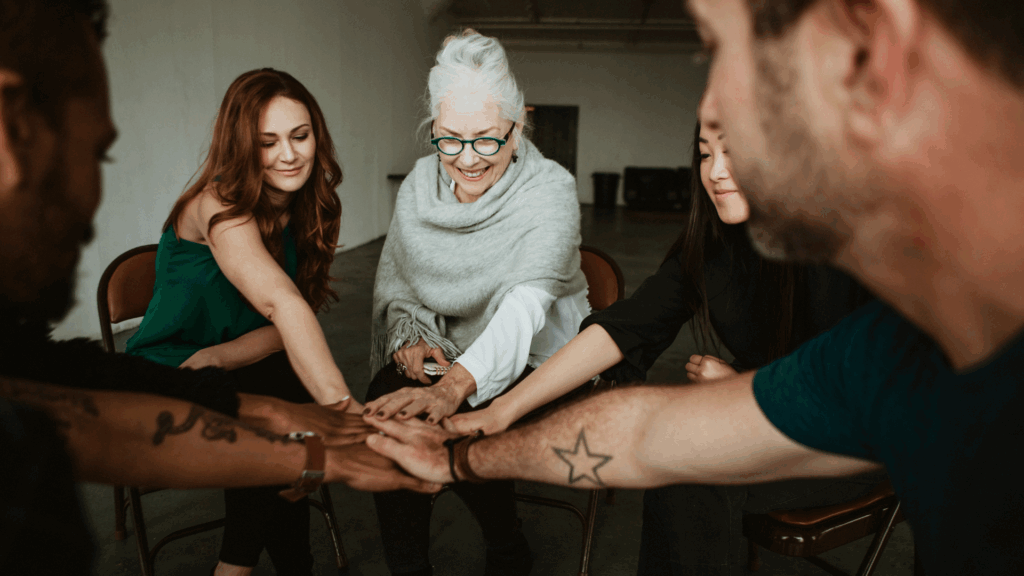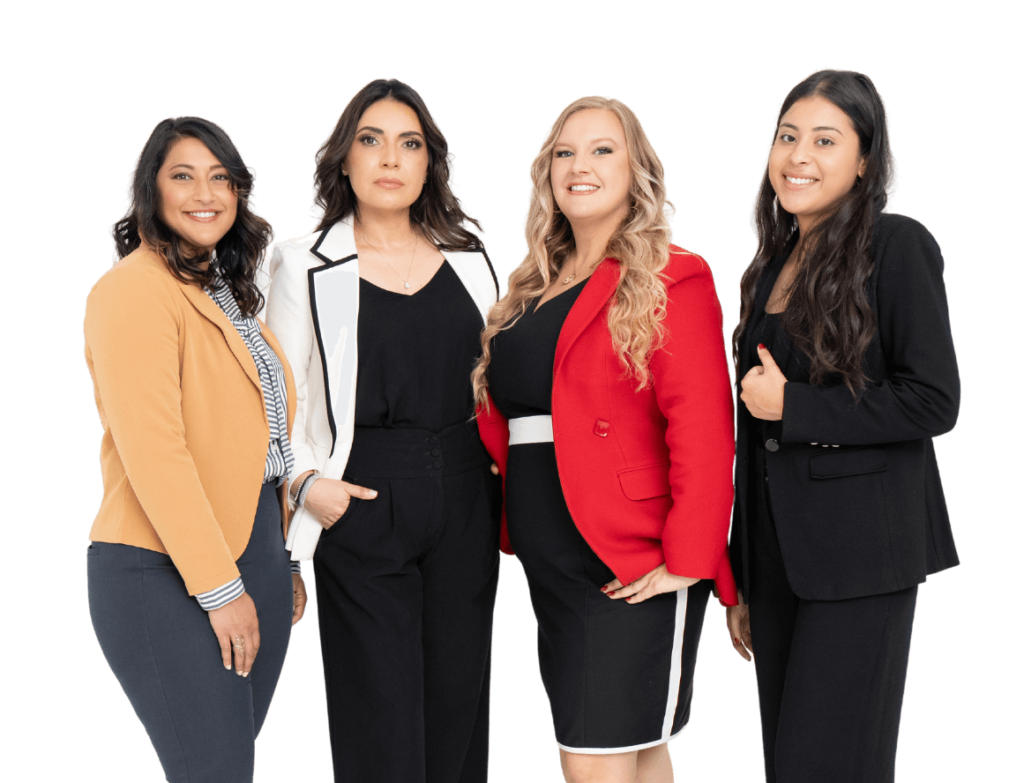Experiencing difficult or hurtful dynamics in a relationship can be confusing and isolating. Sometimes, it’s hard to put a name to what’s happening, especially if it doesn’t fit a simple picture you might have in your mind. Domestic violence isn’t always physical; it can take many forms, and recognizing the signs is the first crucial step toward safety and healing.
It’s important to know that abuse is never your fault. It’s a pattern of behavior used by one person to gain or maintain power and control over another. If you’re questioning if what you’re experiencing is abuse, trust that feeling. Your feelings are valid, and exploring them with kindness toward yourself is the beginning of finding a path forward.
What is domestic violence?
Domestic violence is a pattern of behaviors that can include physical, sexual, emotional, economic, or psychological actions or threats of actions that influence another person within an intimate relationship. This includes dating, marriage, family, and cohabiting relationships. It’s not just an isolated incident; it’s a cycle of control that can escalate over time.
Understanding this cycle – which often involves tension building, an incident of abuse, reconciliation (sometimes called the «honeymoon» phase), and then calm before the tension builds again – can help you see the pattern more clearly. Recognizing that it is a pattern, not just a series of arguments, is key to identifying abuse.
If you are a victim of domestic violence in the U.S., you might qualify for a humanitarian visa. Call us to know more.
Emotional and verbal abuse
Emotional and verbal abuse can be deeply damaging, even without physical touch. This might look like constant criticism, insults, humiliation, or yelling. The abuser might try to chip away at your self-esteem, making you feel worthless, stupid, or crazy, to the point where you start to doubt your own perceptions and feelings.
Another tactic is control through manipulation or isolation. This could involve monitoring your phone calls or messages, controlling who you see and talk to, or making you feel guilty for spending time with friends or family. They might also use gaslighting, a form of manipulation that makes you question your sanity and reality.
We recommend that you see: Does VAWA need a sponsor?
Physical and sexual abuse
Physical abuse involves causing bodily harm or injury. This can range from hitting, slapping, pushing, or kicking, to using weapons or restraining you. Any unwanted physical contact that causes you pain or fear is a sign of abuse. Even threats of physical harm are a form of abuse, as they create an environment of fear and intimidation.
Sexual abuse is any unwanted sexual act or behavior. This includes rape, sexual assault, or being forced into sexual acts against your will, even within a marriage or relationship. Sexual abuse is about power and control, not attraction, and it is a profound violation of your bodily autonomy and safety.
Help is available for immigrants. You might qualify for VAWA or U Visa.
Your story matters to us. Contact us for a consultation.
Financial and digital abuse
Financial abuse occurs when an abuser controls your access to money or financial resources. They might prevent you from working, steal your money, control how you spend money, or put you in debt. This control makes it harder for you to leave the relationship, as you may feel financially dependent and unable to support yourself.
In the digital age, abuse has also moved online. Digital abuse includes monitoring your online activity, demanding access to your passwords, sending harassing messages, or using technology to track your location. This extends the abuser’s control into almost every aspect of your life, leaving you with little privacy or freedom.
You might be interested: What rights do I have as a visa T or visa U applicant?
Help is available for immigrants
If you are an immigrant experiencing domestic violence, you may face unique challenges, such as fear of deportation, language barriers, or lack of familiar support systems. However, it is crucial to know that immigration status does not prevent you from seeking help or having rights. There are specific protections and pathways available to you.
The Violence Against Women Act (VAWA) allows certain immigrant survivors of abuse by a U.S. citizen or permanent resident spouse, parent, or child to petition for immigration status independently of the abuser. The U Visa is available to victims of certain crimes (including domestic violence) who have suffered substantial physical or mental abuse and are willing to help law enforcement investigate or prosecute the criminal activity. These options recognize the harm you have suffered and offer a chance for safety and legal status.
Your story matters to us, and help is within reach.
If you found our article useful, please share it with someone who might need it. And don’t forget to follow us on Facebook, Instagram, and TikTok, as well as check out all our services at jamesimmigrationlaw.com.







